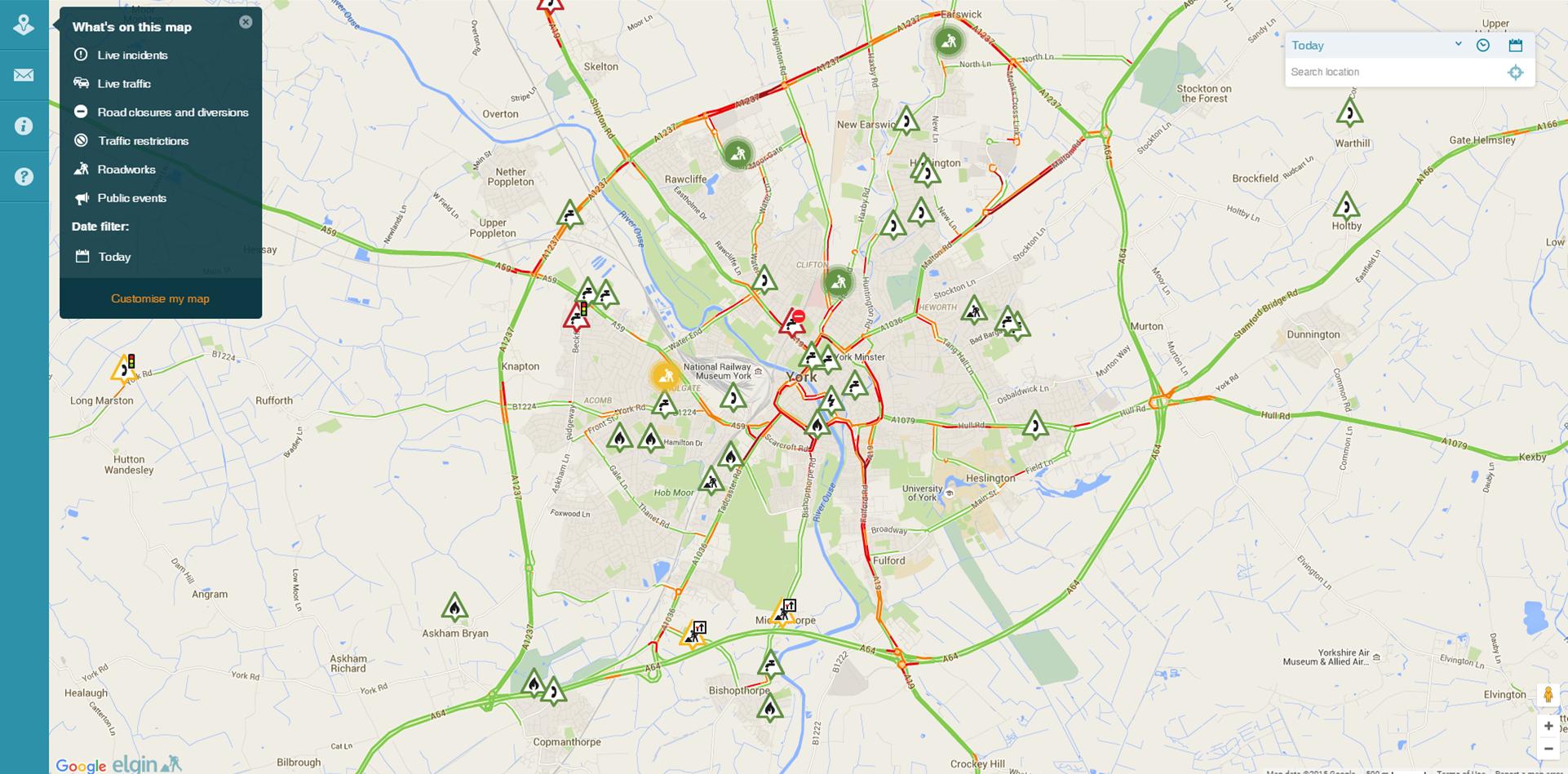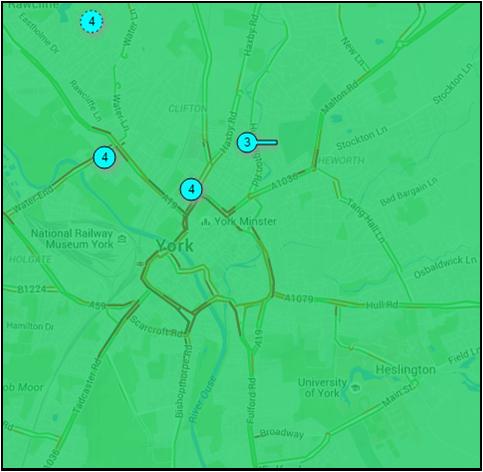The York Council has issued a media release indicating that the controversial Bishopthorpe Road lane closure will end on 4th August.
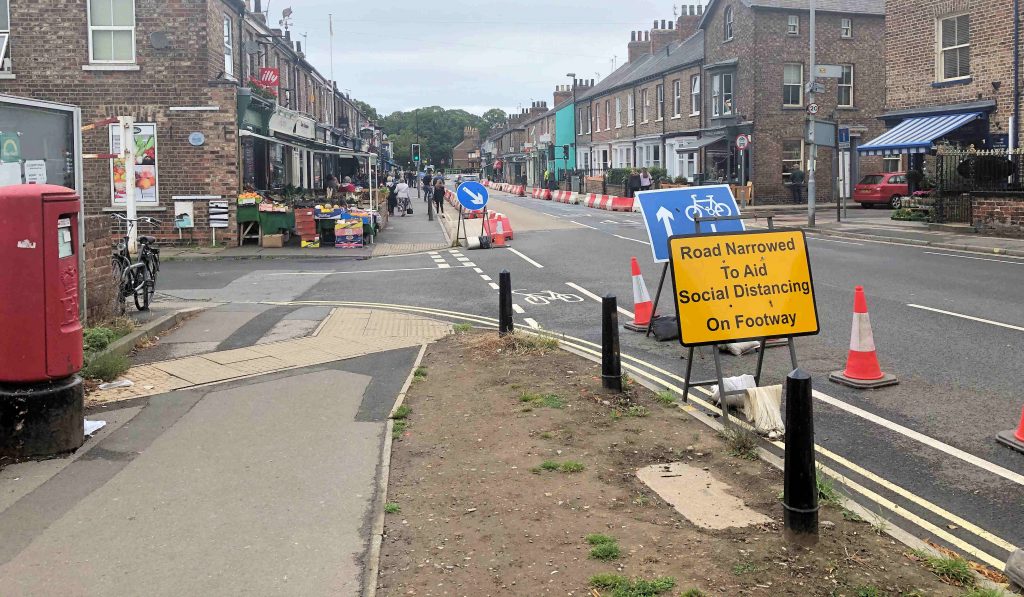
However no formal notification of any meeting being held, to endorse the change, has appeared on the Councils register of decisions.
No notice of any decision meeting was published by the Council.
The original decision to close one lane appeared to be based on a whim. It sprang from a request by a Micklegate ward Labour Councillor (Kilbane) but was quickly adopted by the Councils transport executive Councillor (Andy D’Agorne). There was no public consultation before implementation.
The reversal of the decision fails to acknowledge the harm and resentment felt by significant sections of the community about the ill judged scheme.
The scheme has been compared to the closure of Lendal Bridge where a intransigent Council persisted with a failed experiment for nearly two years before admitting defeat. It put the cause of traffic reduction back by 10 years. We hope that the iconic “Bishy Road” shopping area doesn’t suffer a similar setback.
The main criticisms of the scheme were that, contrary to claims, it did little to assist with social distancing. Indeed in places, bollards actually increased pedestrian congestion.
Cyclists were put at risk when using the contraflow cycle lane while those living in the St Benedict Road area had to cope with increased short cutting and consequent higher pollution levels.
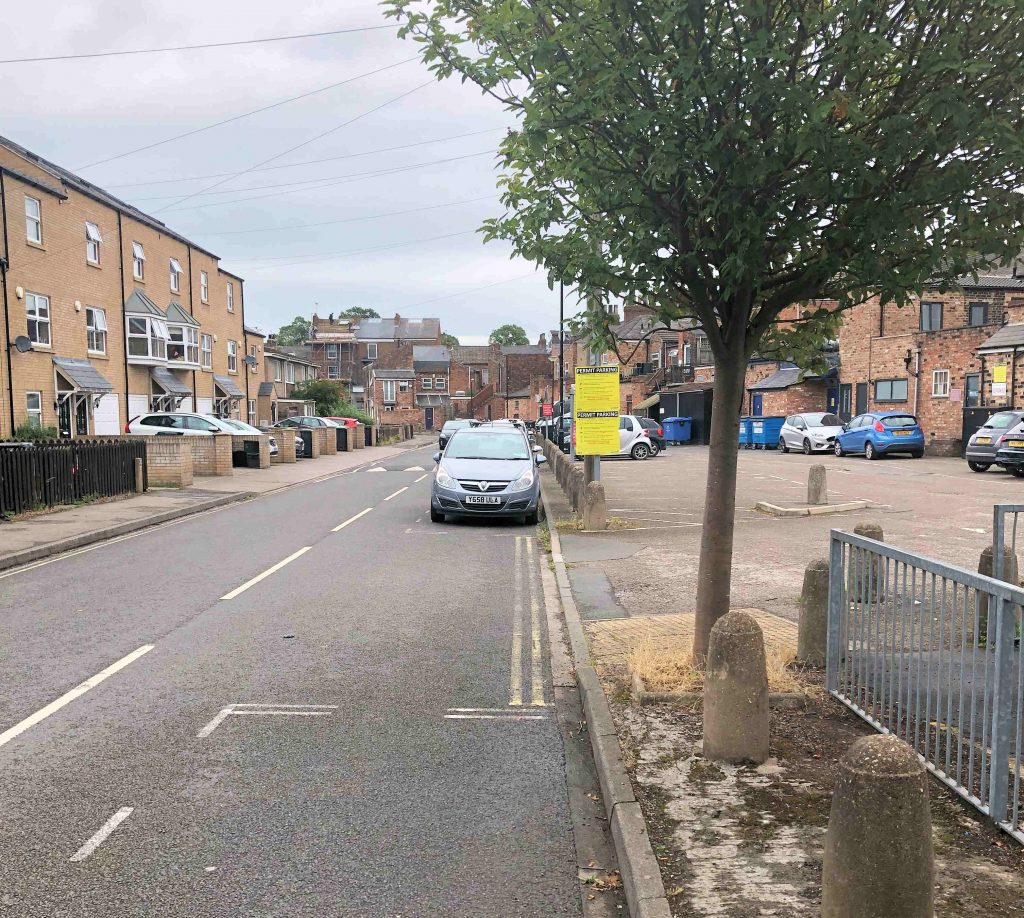
Against expectations, in June the scheme was extended for another 2 months
Even many who acknowledged that traffic reduction was desirable, pointed out that an (off peak) foot street option might have won greater public support.
We said, right from the beginning, that diverting traffic onto Nunnery Lane and Blossom Street, when the latter was partly closed for utility works, was completely half baked.
So it proved.
It seems that gas works will return on the Blossom Street area shortly.
That, coupled with other road closures in the city, really would have caused traffic chaos at a time when the economy is slowly getting back onto its feet.
The Councils change of heart is welcome, albeit belated. We next hope to see changes to remove some of the unnecessary restrictions on space use in the Marygate car park and on the Monk Bar car park.
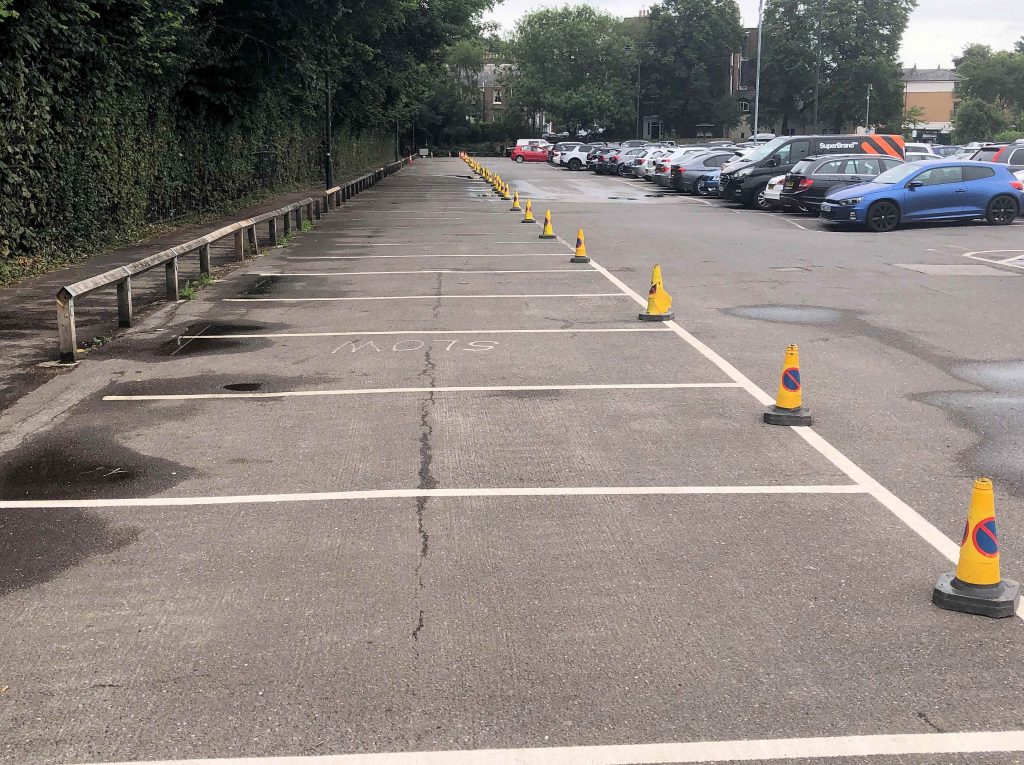


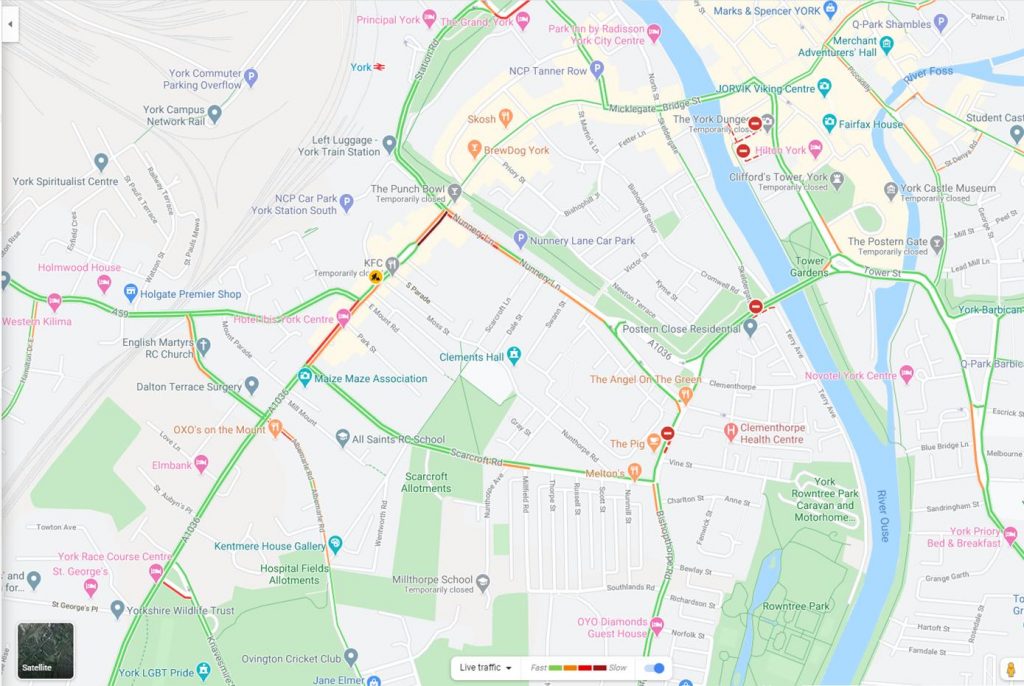
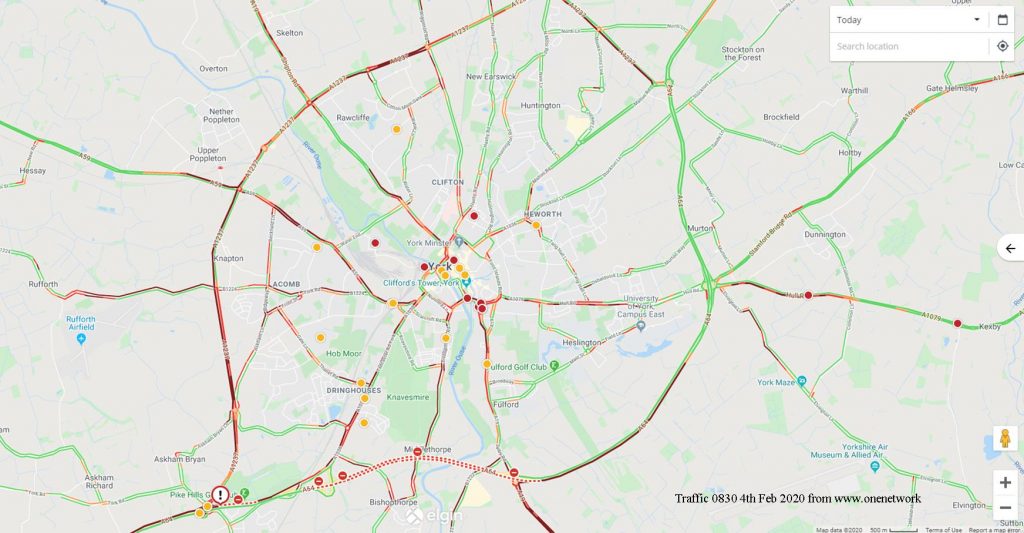
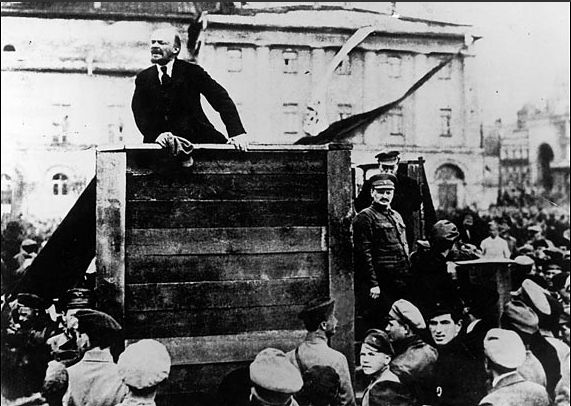
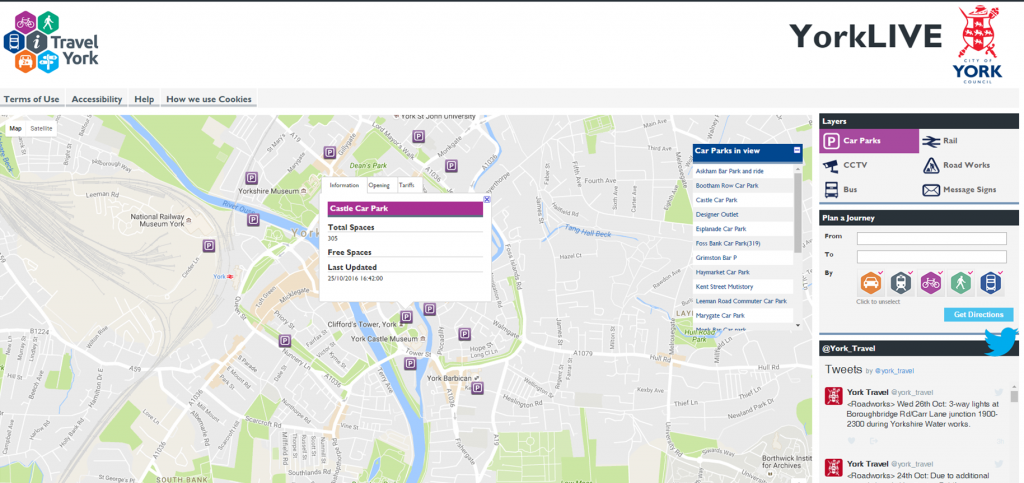
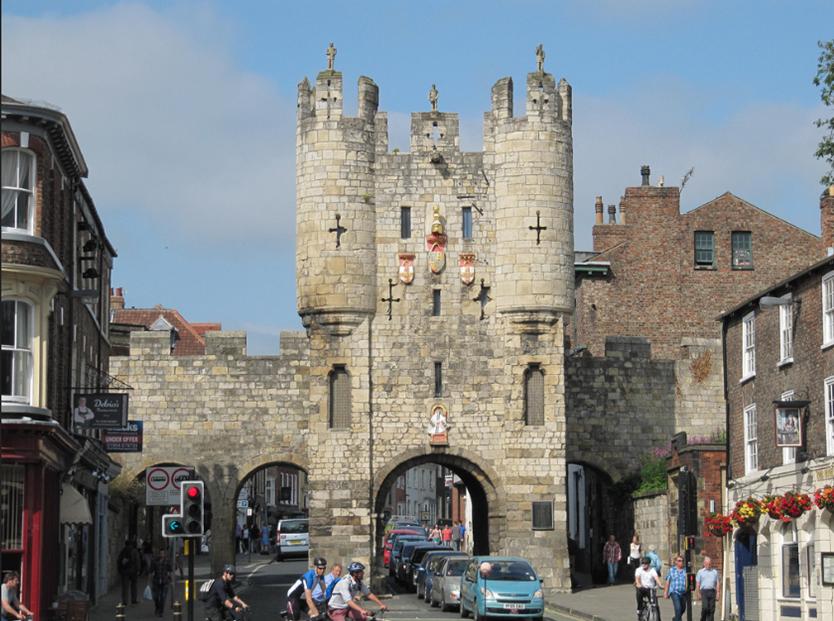
 The city’s tech companies are being urged not to miss the opportunity to supply City of York Council on a ground-breaking £2.85m project to change the way the city manages traffic.
The city’s tech companies are being urged not to miss the opportunity to supply City of York Council on a ground-breaking £2.85m project to change the way the city manages traffic.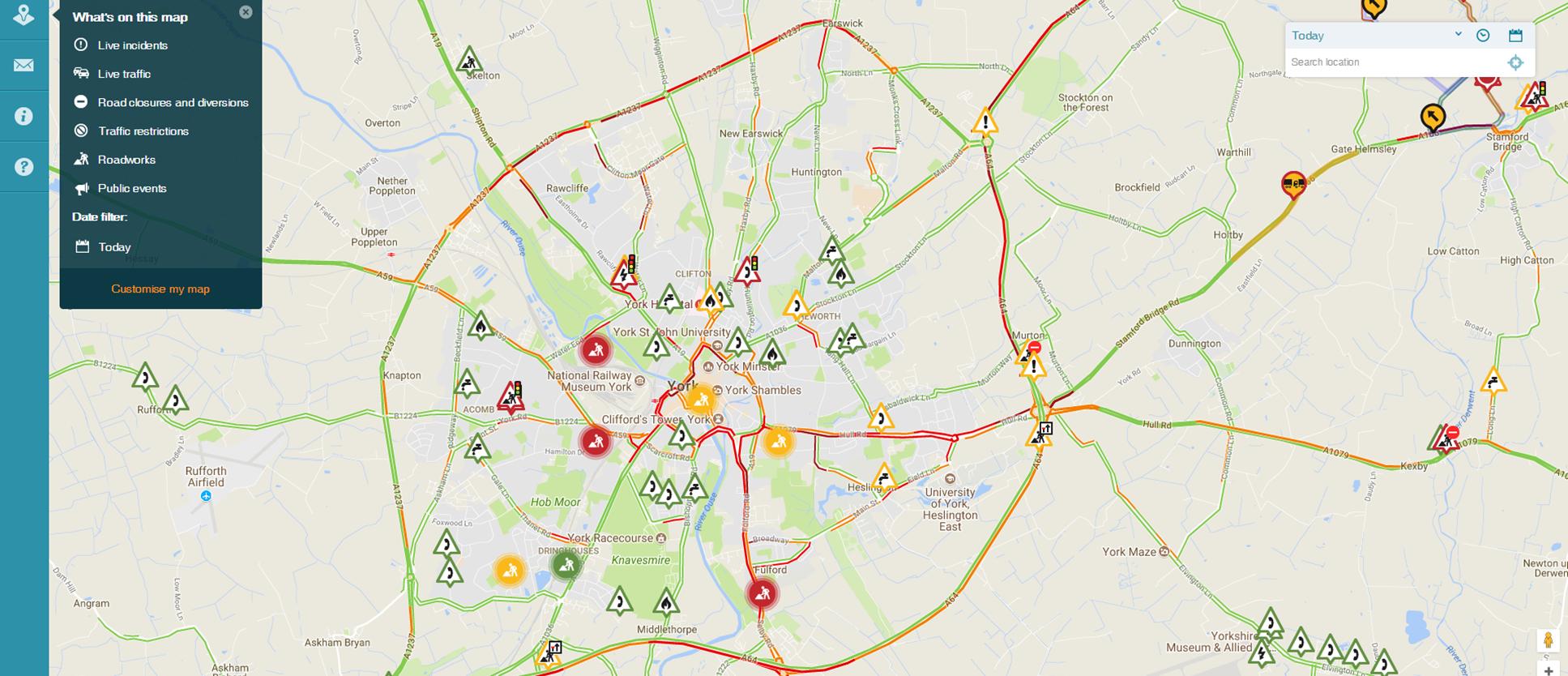
 York has been selected by the government’s Department for Transport (DfT) to trial new technology that could revolutionise the way we manage traffic flow and digital technology in vehicles in England.
York has been selected by the government’s Department for Transport (DfT) to trial new technology that could revolutionise the way we manage traffic flow and digital technology in vehicles in England.